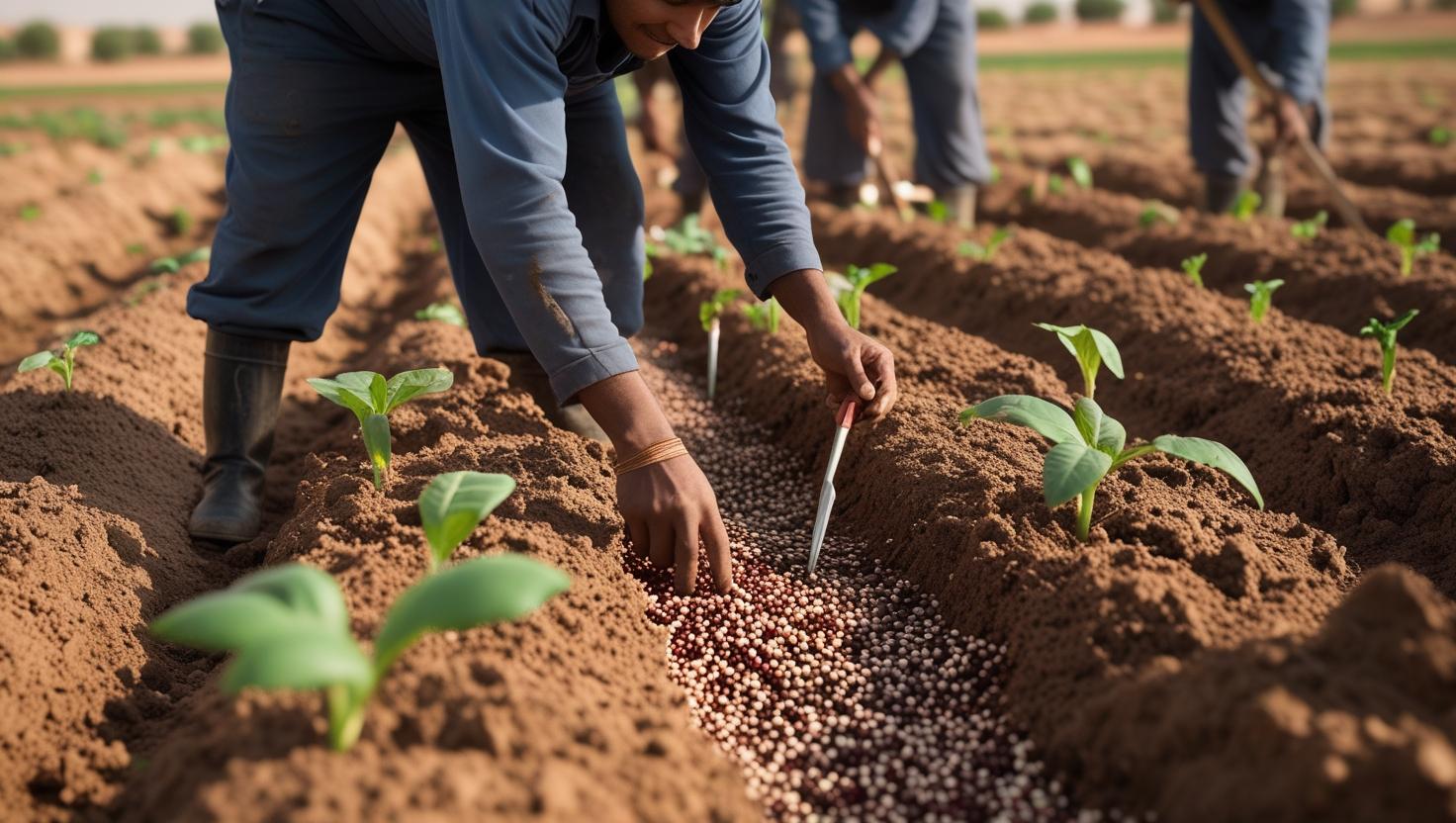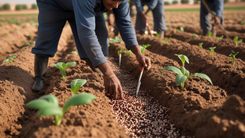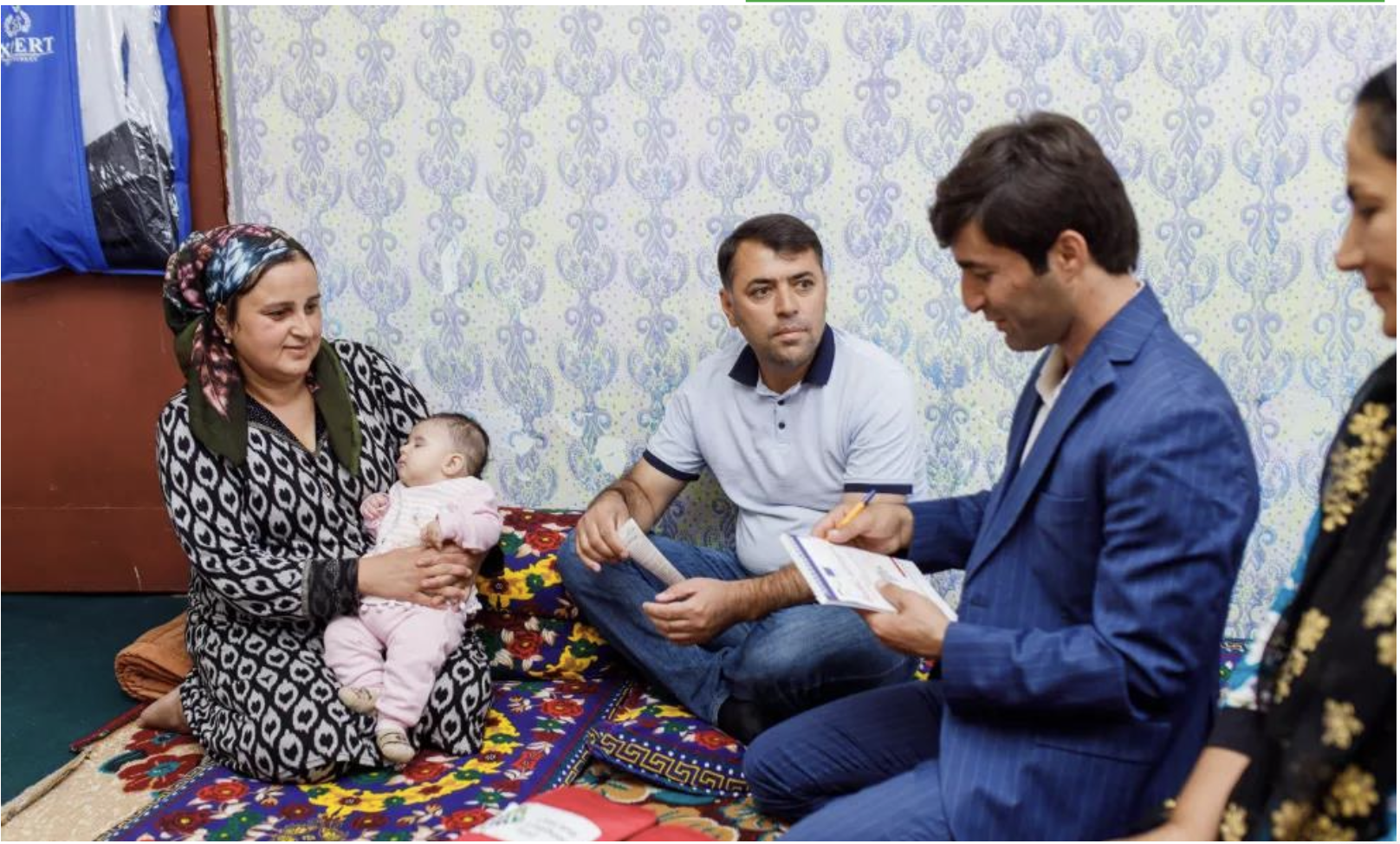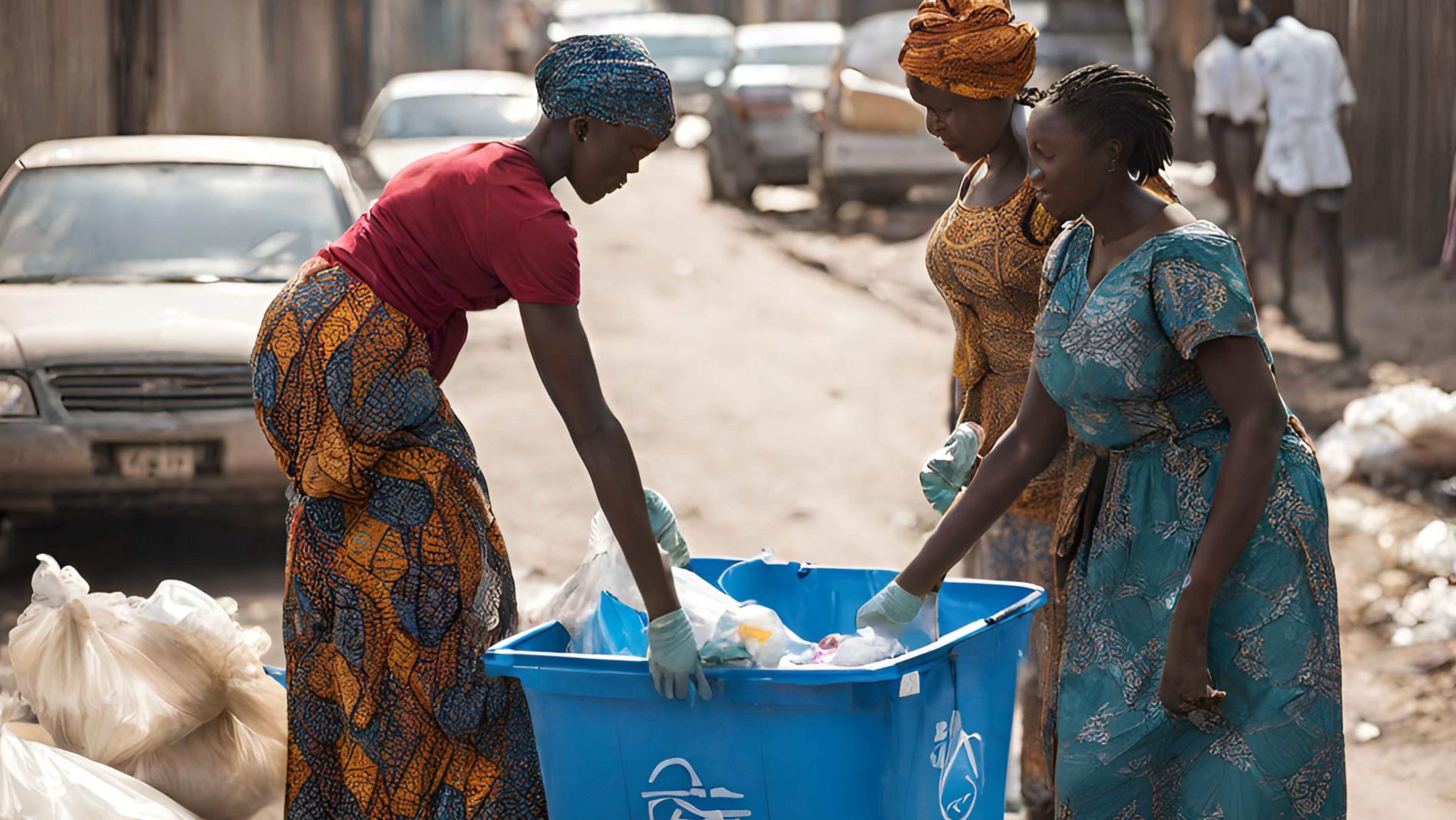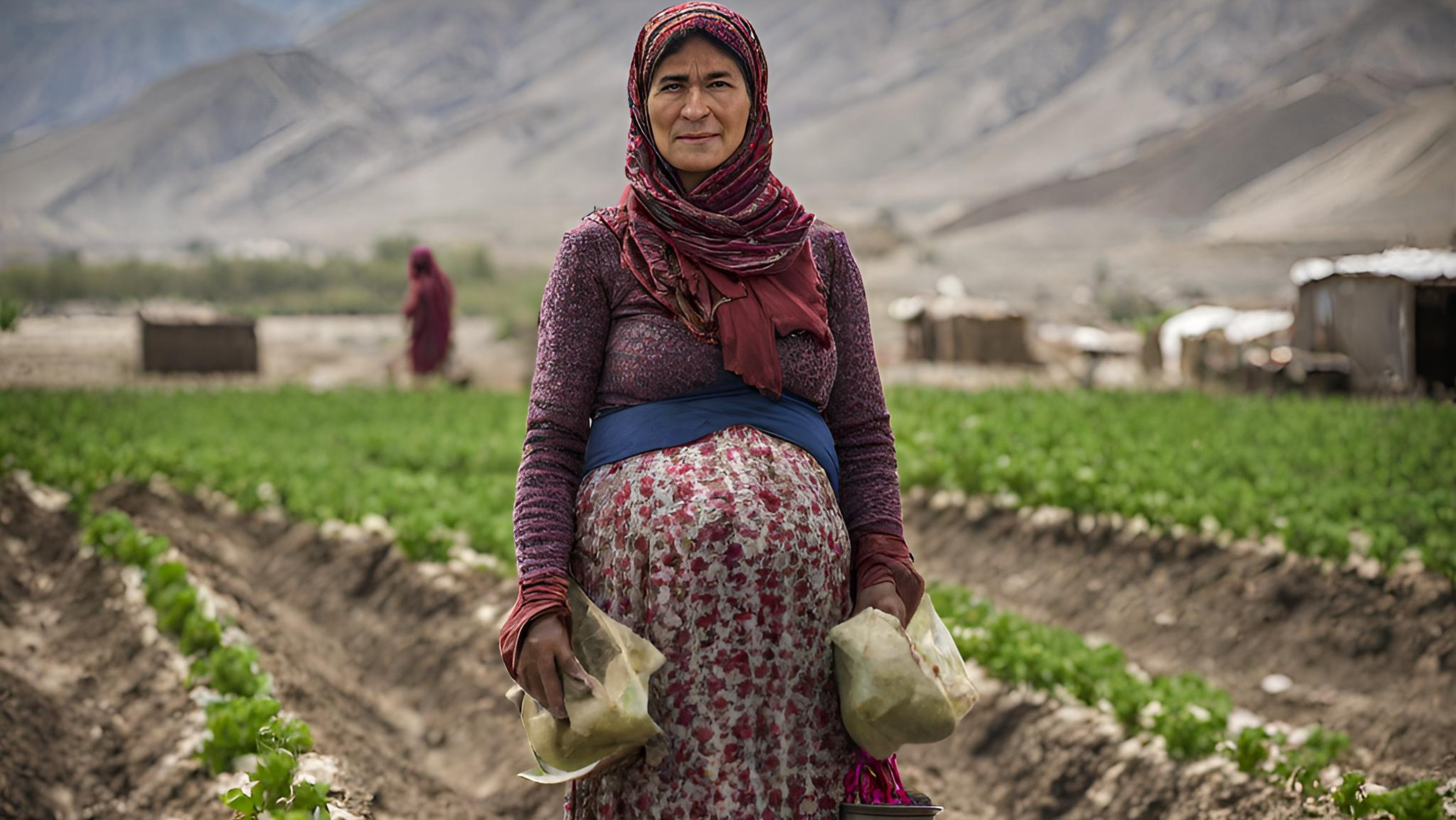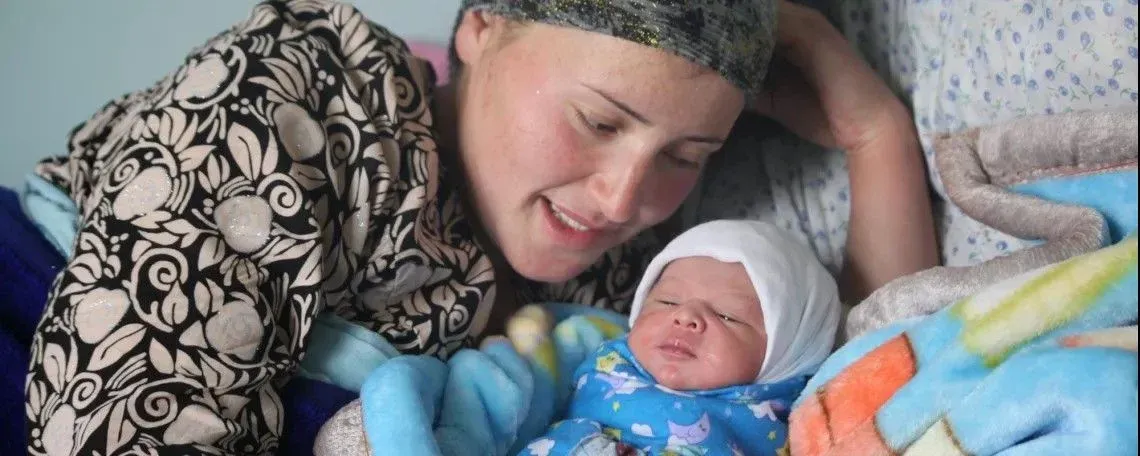Latest updates
SHERO VACCINATORS: The Key To Unlock Polio-Free Pakistan
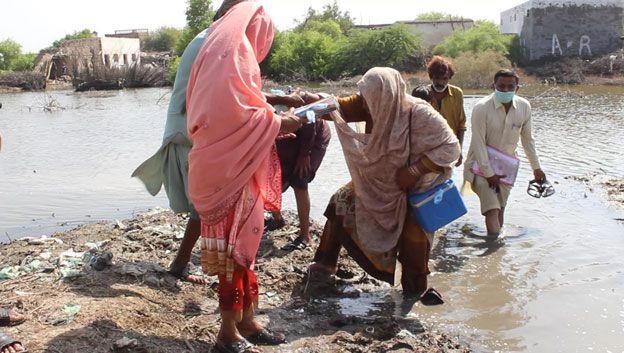
Explore how the LLF-funded Polio Eradication Program in Pakistan has prevailed over gender-related barriers to immunization through its local female workforce.
In the world’s fifth most populated country, there is a dedicated force of unsung sheroes who go from door-to-door vaccinating young kids and spreading messages about polio and routine immunization. Come rain or shine, these women are unstoppable on every national immunization day. Clad in local attire, slinging vaccine cold box down their shoulder, and holding a clipboard to their chest, the female polio workers pick their way through some of the most challenging topographies and human settlements. Sometimes ruffling feathers and but often sparking inspiration at the same time, they’d continue their journey to make sure that the life-saving immunization drive runs like a clockwork.
In countries like Pakistan, a female vaccinator is the mainstay of the vaccination team. She steps in where the rubber meets the road: when male vaccinators are not allowed into a house, a female vaccinator makes things work.
The financing partnership of US$ 160 million between the Islamic Development Bank (IsDB) through the Lives and Livelihoods Fund (LLF) has recorded countless accounts of female vaccinators who have put their lives at risk, but refused to drop the ball on achieving the phenomenal target of 43 million polio-vaccinated children.
To be able to speak to fathers and mothers alike and convince them to vaccinate their children, or talk to other male figureheads in the house or community, the Lives and Livelihoods Fund’s female polio workers are a true of embodiment of grit, resilience, and compassion.
Saima Gul is one such brave health advocate.
Saima has spent nearly a decade working in the National Emergency Operation Centre in Islamabad, Pakistan, including at the frontline of efforts to eradicate polio and strengthen immunization.
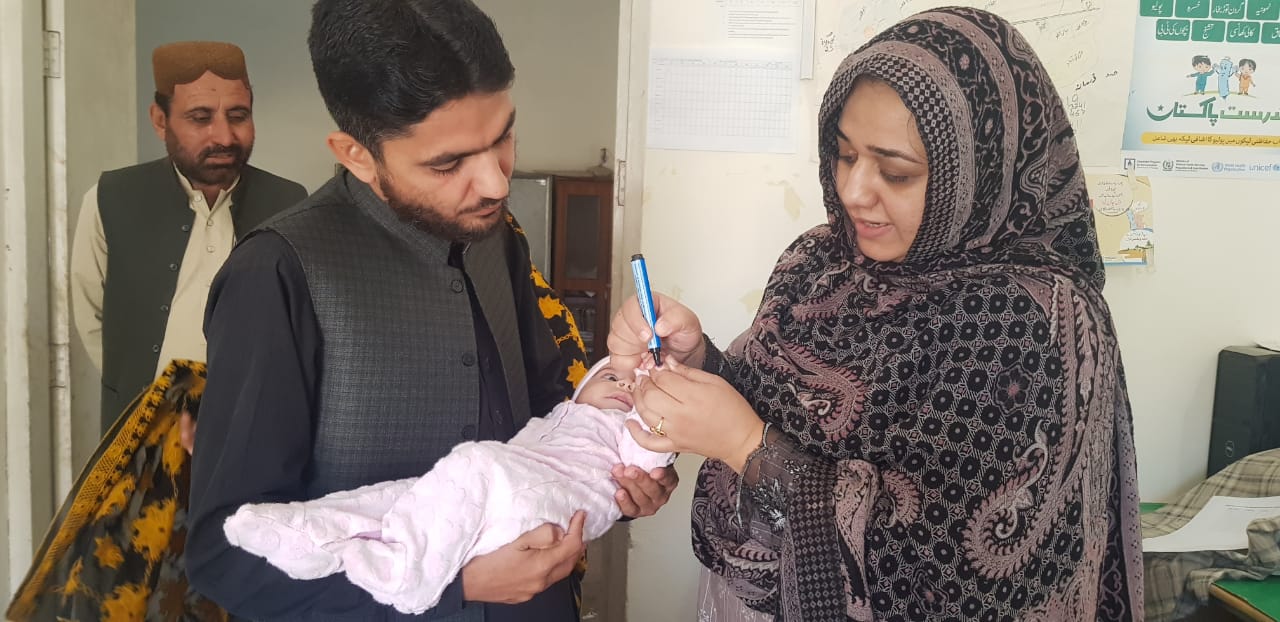
It was year 2020, when Saima received a call from regional office, asking her to leave early next morning for Hernai, Quetta, for a social investigation and campaign in support of new positive wild cases in the district. Saima was gripped with confusion and fear simultaneously. She couldn’t leave her four-month old daughter Junaina behind, and traveling with her to a volatile area like Hernai had both security and health issues.
“What if she catches virus, I kept asking myself,” recounts Saima who was still recovering from the pain and agony of the death of her eight-year old son. “The scene of his death flashed back and clouded my mind.”
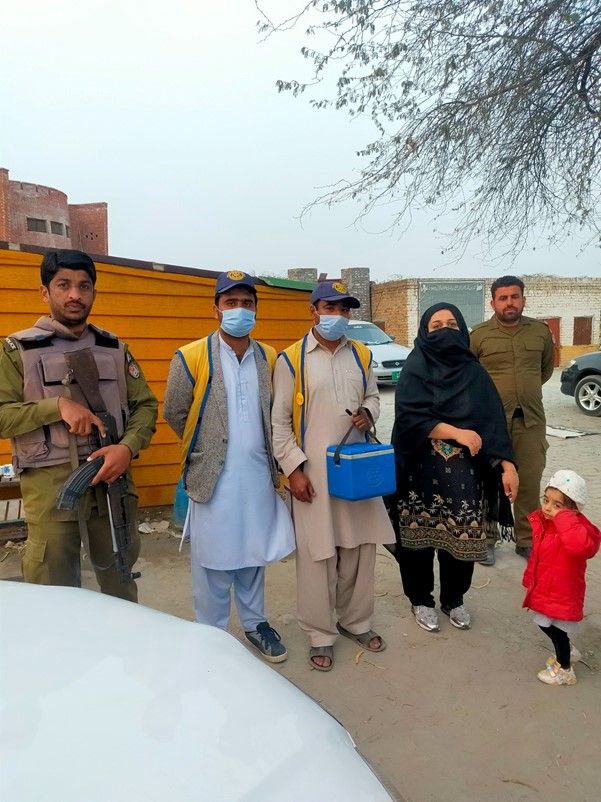
“I couldn’t think straight. The walls of the room felt like caving in. I looked at Junaina and then thought of all those children who were waiting for us to save them from the deadly polio virus. I got up to get ready and pack for the trip,” Saima continued.
Next day Saima was on a 2-hour long flight to Quetta from Islamabad.
What transpired over the next fifteen days is history as Saima recalls it to be one the most fulfilling and wholesome journeys she has ever taken.
“I can never forget the poor condition in which the families were living. The paralyzed child was sitting in his mother’s lap, while another fifteen children with colored eyes and golden hair circled me as I spoke to the mother and got details from her,” reminisced Saima.
While the polio visit was an eye-opener for her, Saima was more enthusiastic about discovering her newfound strength and confidence of traveling far into the country with her daughter. Junaina, now four, keeps her mother company during these visits.
Reflecting on how the role of women vaccinators and social mobilizers in polio eradication is not only helping families reap lasting health benefits, but are also raising social stature of women, Saima shares, “The polio eradication program has been a source of empowerment for me and our female polio vaccinators, particularly in challenging and remote areas in the endemic zones of Pakistan. It has equipped us with valuable skills to communicate effectively, overcome obstacles, and assess risks in difficult situations.”
While Saima continues to witness the emergence of female polio workers as influential figures in their communities, she feels the workers are pushing the envelope by obtaining and cascading vital information about polio virus along with other antigens. This information would otherwise be not available to a layperson. “The Polio Eradication Program puts a premium on the safety and equal opportunities for women that has not only benefited them but has also inspired more women to join the healthcare workforce in our localities.
The impact of the polio eradication program extends beyond its health objectives, notably in regions like Bannu, Tank, and Lakki Marwat. Initially, the presence of women in the program was limited, but over time, there has been a significant positive change. More women are actively participating, not only contributing to the program's success but also becoming vital financial contributors to their families. This transformation not only enhances parental trust in the vaccination process, but also serves as an inspiring example of women's empowerment. The program's commitment to inclusivity has played a crucial role in breaking traditional barriers, fostering economic independence among women, and promoting a more resilient and empowered community,” concludes Saima.
Related articles
Cookies
By browsing our website you accept our Terms and Conditions
